Howard S. Becker
Howard S. Becker
Howard S. Becker
Philippa J. Benson and Susan C. Silver
Wayne C. Booth, Gregory G. Colomb, Joseph M. Williams, Joseph Bizup, and William T. FitzGerald
Robert M. Emerson, Rachel I. Fretz, and Linda L. Shaw
Bryan A. Garner
Jane E. Miller
Walter W. Powell
Kate L. Turabian
Kate L. Turabian
Going Public
A Guide for Social Scientists
Arlene Stein and Jessie Daniels
Illustrations by Corey Fields
The University of Chicago Press
CHICAGO & LONDON
The University of Chicago Press, Chicago 60637
The University of Chicago Press, Ltd., London
2017 by The University of Chicago
All rights reserved. No part of this book may be used or reproduced in any manner whatsoever without written permission, except in the case of brief quotations in critical articles and reviews. For more information, contact the University of Chicago Press, 1427 E. 60th St., Chicago, IL 60637.
Published 2017.
Printed in the United States of America
26 25 24 23 22 21 20 19 18 17 1 2 3 4 5
ISBN-13: 978-0-226-36464-3 (cloth)
ISBN-13: 978-0-226-36478-0 (paper)
ISBN-13: 978-0-226-36481-0 (e-book)
DOI: 10.7208/chicago/9780226364810.001.0001
Library of Congress Cataloging-in-Publication Data
Names: Stein, Arlene, author. | Daniels, Jessie, 1961 author. | Fields, Corey, illustrator.
Title: Going public : a guide for social scientists / Arlene Stein and Jessie Daniels ; illustrations by Corey Fields.
Other titles: Chicago guides to writing, editing, and publishing.
Description: Chicago : The University of Chicago Press, 2017. | Series: Chicago guides to writing, editing, and publishing | Includes bibliographical references and index.
Identifiers: LCCN 2016022230 | ISBN 9780226364643 (cloth : alk. paper) | ISBN 9780226364780 (pbk. : alk. paper) | ISBN 9780226364810 (e-book)
Subjects: LCSH: Communication in the social sciences. | Social sciencesAuthorship. | SociologyAuthorship. | Academic writing.
Classification: LCC H61.8 .S84 2017 | DDC 808.06/63dc23 LC record available at https://lccn.loc.gov/2016022230
 This paper meets the requirements of ANSI/NISO Z39.48-1992 (Permanence of Paper).
This paper meets the requirements of ANSI/NISO Z39.48-1992 (Permanence of Paper).
Contents

So You Want to Go Public?
A few years ago, a New York Times columnist railed against professors for glorifying arcane unintelligibility while disdaining impact and audience. There are fewer public intellectuals on American university campuses today than a generation ago, Nicholas Kristof declared, implicating academics turgid prose, weak social media presence, quantitative emphasis, hidden journals, and focus upon technique and abstraction rather than relevance and clear thinking. Some of the smartest thinkers, he wrote, just dont matter in todays great debates. And they are themselves largely to blame for this.
Members of the professoriate were furious, and charged that the accusations were unfounded. We are in fact deeply engaged with the world around us, teaching thousands of undergraduates every year, and are actively involved in the communities where we liveKristof just cant see itthey asserted. But others admitted that the Times columnists complaints were at least partially accurate. Many scholars would like to be more publicly engaged, but they dont really know how to go about doing so. Or they feel their professional commitments compel them to communicate mainly with colleagues, in ways that prevent others from joining the conversation.
A junior scholar laments, Ive been publishing on my research for over ten years but its been a long and hard struggle to take pride in what I do. I guess part of the shame about my work is that its so incredibly academic. Though its my job to write in this way (and I dont always have a choice in the matter), I know that much of my writing can be very inaccessible to the people I care about most, my family, my friends and most of all, the people who are the topic of my research: migrant workers.
She worries that by writing more accessibly shell lose status in her chosen profession, especially since shes a woman of color who already faces challenges operating in majority-white institutions. Im trying to move past this and embrace my role as a scholar and writer with my second book, says the sociologist. But my fear now is that academic colleagues will think its unsophisticated and too elementary. (Sigh, yes I have issues!) Shes not alone.
As scholars, we steep ourselves in the theories and methodologies of social research in order to master the tools of our discipline. We believe that such tools offer us a way to systematically understand the world. In the process, we learn the conventions of our field and expectations of what makes for good scholarly work. Later, if were lucky enough to land a job at a college or university, we are tasked with the challenging work of teaching young minds. Many, if not most of us, also produce social research. In order to publish this work, we must receive the approval of peers who make up the editorial boards of our journals, who review our manuscripts. To do so, we adhere to very high levels of theoretical and methodological rigor, and address audiences comprised mainly of other experts.
During this process, we often begin to shed our distinctive voices. We also learn to distance ourselves from those who do not share our expertise. Being a card-carrying social scientist, we learn, means writing dispassionately and trying very hard to sound smart Ironically, complaints about turgid scholarly writing often come from the very disciplinary gatekeepers who supposedly uphold the standards that constrain us, including officers of professional organizations, journal editors, tenure committees, and dissertation advisors.

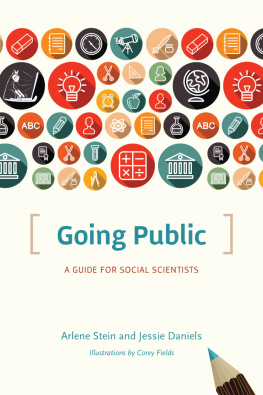

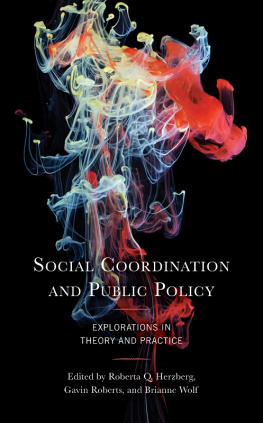
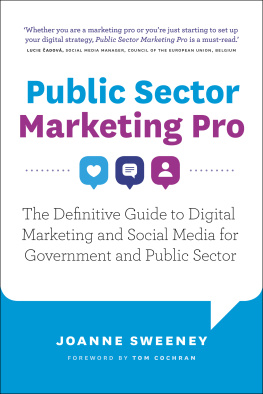
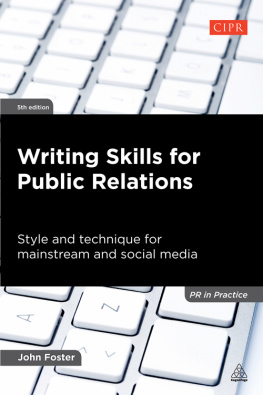
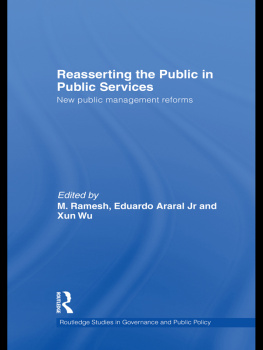
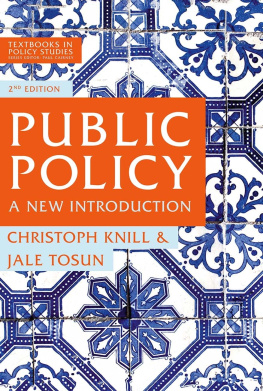
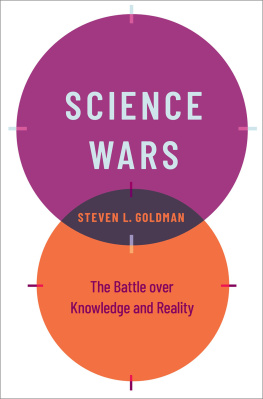
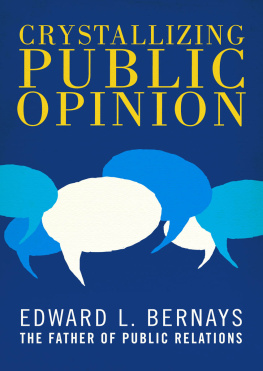
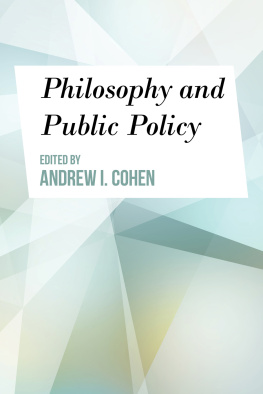
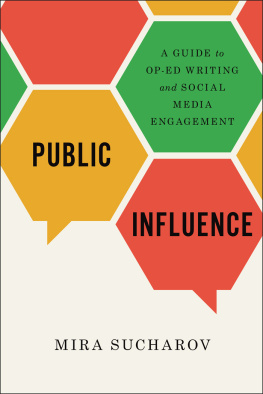
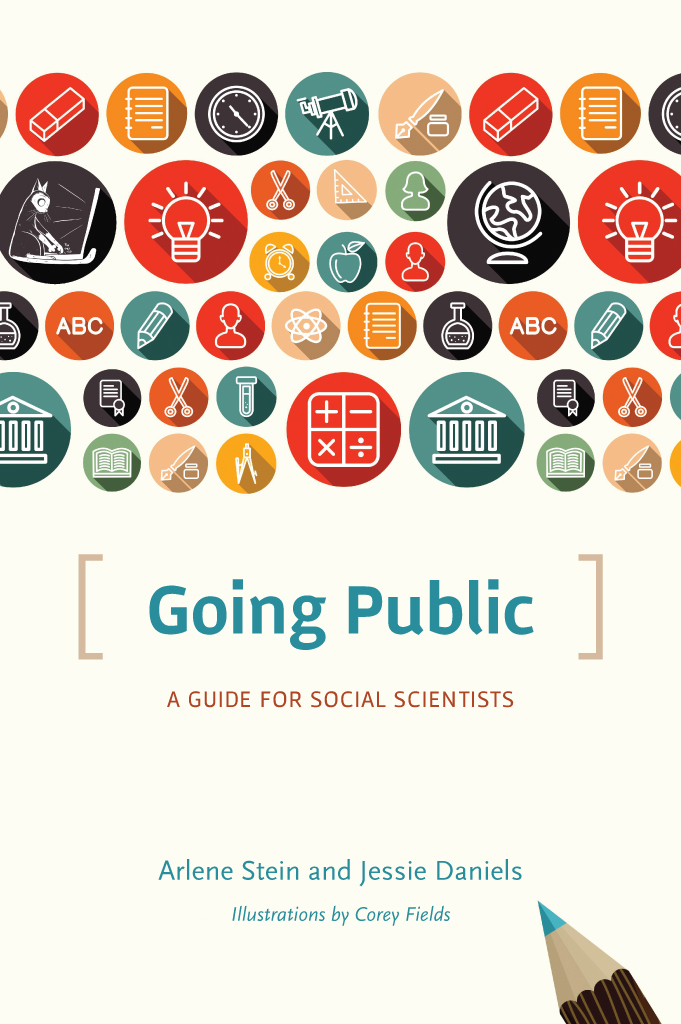
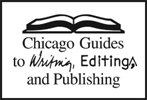
 This paper meets the requirements of ANSI/NISO Z39.48-1992 (Permanence of Paper).
This paper meets the requirements of ANSI/NISO Z39.48-1992 (Permanence of Paper).